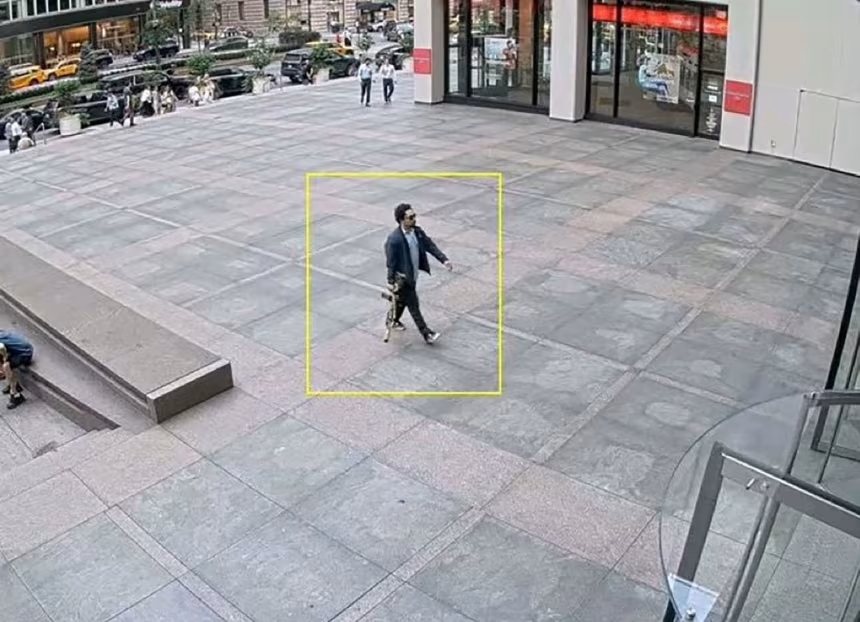A deadly shooting in Midtown Manhattan has left four people dead and another injured, raising serious questions about office security and mental health monitoring. The incident occurred at 345 Park Avenue, a high-rise building that houses major companies including the NFL and Blackstone. The shooter, 27-year-old Shane Devon Tamura, entered the building carrying a semi-automatic rifle and opened fire before taking his own life.
Among the victims was NYPD Officer Didarul Islam, who was working security detail at the building. He is being remembered as a hero, leaving behind a pregnant wife and two children. Others killed included Julia Hyman of Rudin Management, Blackstone executive Wesley LePatner, and a private security guard named Aland Etienne. One NFL employee was seriously wounded but survived.
Investigations revealed that Tamura traveled from Las Vegas to New York and may have been motivated by a belief that he suffered from Chronic Traumatic Encephalopathy (CTE), a brain condition linked to repeated head injuries. He left notes referencing the NFL and accusing the league of concealing the risks of brain trauma. Tamura had a history of psychiatric holds in Nevada and assembled the firearm himself from legally obtained parts.
Despite visible security measures, including uniformed officers and guarded entrances, Tamura was able to breach the building. The incident has shocked corporate leaders and prompted urgent reviews of office security procedures. Experts are now pushing for the adoption of AI-based weapon detection, reinforced barriers, and trauma response training for staff.
City and state leaders have renewed calls for federal gun reform, emphasizing the need for tighter assault weapon restrictions. The shooting is the deadliest in New York City in over a decade and has highlighted the dual challenges of mental health care and public safety in high-traffic business districts.
As mourning continues for the victims, companies and policymakers face growing pressure to act swiftly and ensure workplaces are protected against future threats


